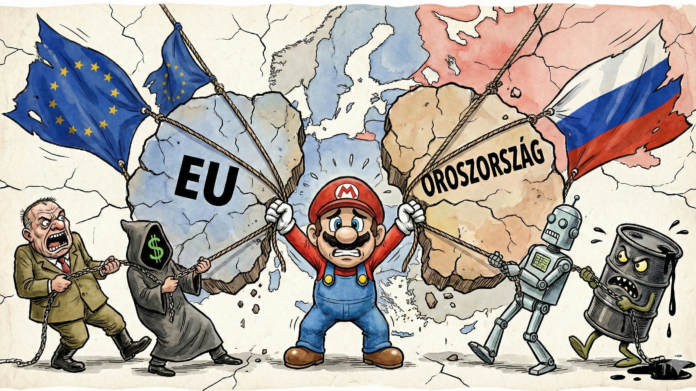Friedrich Merz’s program promised before the elections could have been a solution to many problems that could have been exemplary not only in Germany, but in the whole of the EU.
The early elections and the increase in the popularity of the far right since then were a clear message from the voters to politicians about what they wanted: first and foremost, serious and effective changes in the field of migration policy. However, Merz’s government does not seem to be able to achieve this.
The nearly 1000 billion euro package aimed at defense preparedness and economic recovery has already been pushed through parliament by the German government, which has not yet been formed, but so far it has only brought one result: voter disillusionment. According to surveys, 5% of voters would already vote differently than in February, the CDU/CSU fell to 27%, and the AfD came up to 23%.
Meanwhile, the SDP does not support the migration restrictions, and Merz sticks to Brandmauer and does not cooperate with the AfD, which would support the measures and is the second largest force in parliament. There is also a problem of how the will of the electorate is ignored when the second most popular party is excluded from the coalition.
The fact that the SPD, taking advantage of its position as the only coalition option for the CDU/CSU, not only does not support stricter migration, but also calls for measures that will even help migrants stay in Germany in the long term, is a definitive trampling of the will of the voters and predicts an extremely bleak future in Germany.
Meanwhile, experts only say that the transferred financial package will deprive young people of their future in Germany, as it will be a huge financial burden in the future. With this, emigration will be stimulated by the government’s measure, not exactly the increase in the living standards of the German population.
As things stand, not only have they not come any closer to tightening migration policy, increasing internal security, and relieving the burden on the health and social care system, but with this package it is expected that money will have to be withdrawn from the latter systems, as the 30-40 billion euro hole in the budget will have to be filled with something. Will the expulsion of young people help to achieve the other election promise, the increase of competitiveness? Barely a month has passed since the elections, and German voters are witnessing a huge financial turnaround. As the parties unable to compromise move further away from an agreement day by day, Germany is losing more and more of its position as the leading country of the EU, and the chances of building its own and common European defense are decreasing.
In the EU, we can see similar processes taking place, for example, in connection with the Rearm Europe program, as experts express similar concerns there. What will ensure that the huge financial framework will be used efficiently and properly grouped? Will this EU’s increasingly independent defence policy be able to protect its member states from external threats and take decisive action if it is unable to coordinate the interests of the member states to such an extent?
Translated and edited by Hans Seckler




